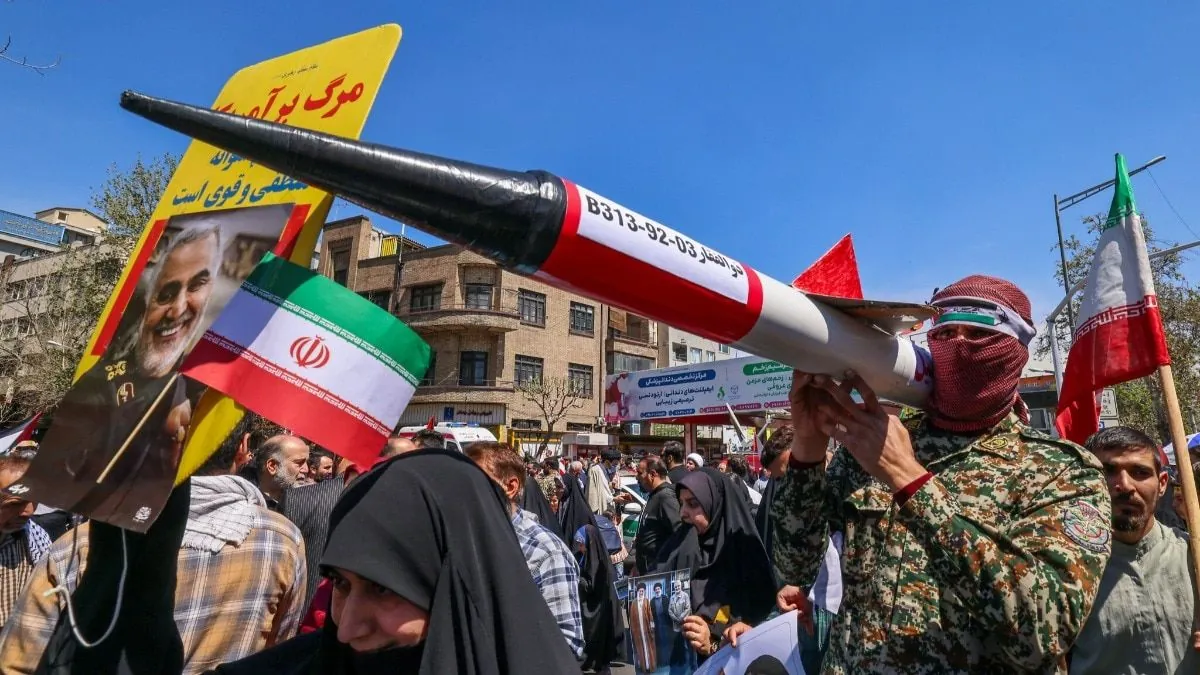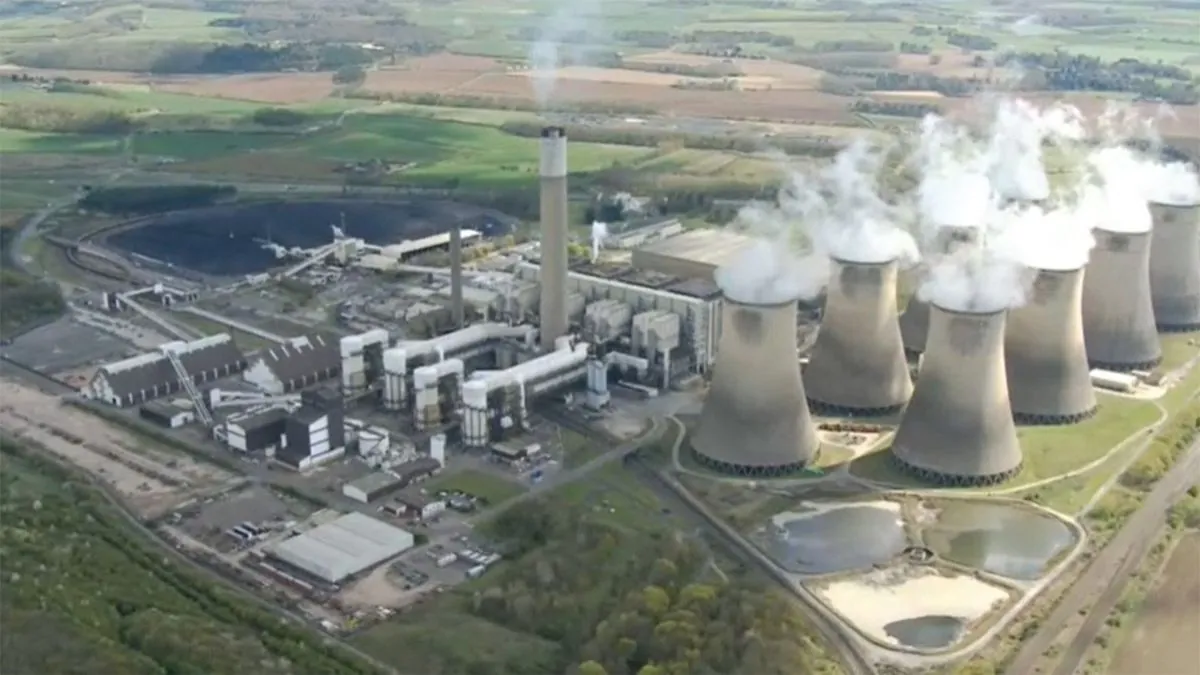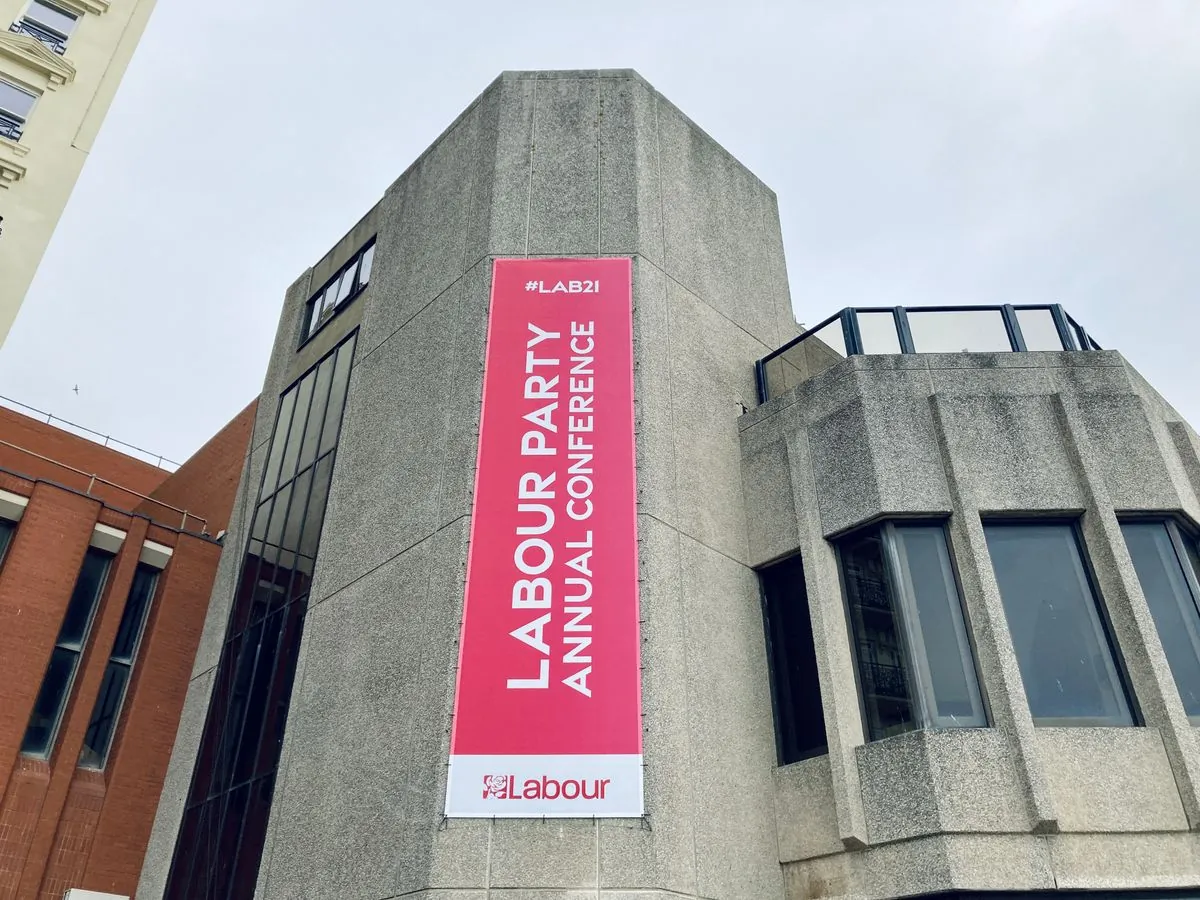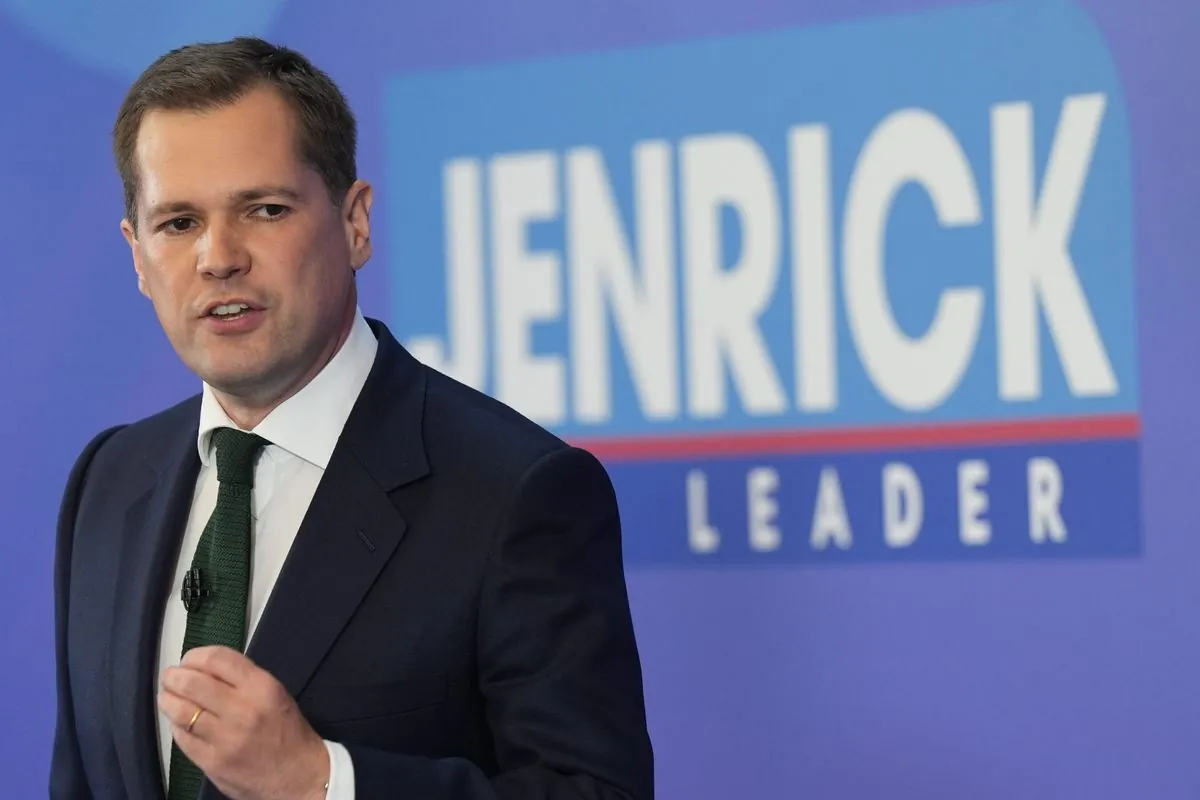Iran's Missile Attack on Israel Escalates Middle East Tensions
Iran launches missiles at Israel, confirming its role in regional instability. Western leaders urge restraint as Israel invades Lebanon to dismantle terrorist bases, raising concerns of a wider conflict.

In a significant escalation of Middle Eastern tensions, Iran has launched a barrage of missiles against Israel, forcing Israelis into bomb shelters. This action has underscored Tehran's role as a primary source of regional instability, a fact long acknowledged by many observers.
For years, Iran has provided support to various militant groups in the region, including Hamas, Hezbollah, and the Houthis. These organizations, founded in 1987, 1985, and 2004 respectively, have consistently targeted Israel. However, when Israel responds to these threats, Western leaders such as Joe Biden and Sir Keir Starmer often call for restraint, fearing a broader conflict that could involve Western nations.
The recent missile attacks from Iran have altered the dynamics of the situation. This direct involvement by Tehran may necessitate a reevaluation of how to address the Iranian regime, which has been in power since the 1979 Islamic Revolution.
Israel's military operation in Lebanon aims to dismantle terrorist bases that have long threatened its security. The Israeli government has stated that this is a targeted operation, not intended to result in long-term occupation as occurred following the 1982 invasion when Israel occupied southern Lebanon until 2000.

The influence of Iran in the region is pervasive. The recent elimination of Hezbollah's leader Hassan Nasrallah, along with a senior Iranian general, highlights the close ties between Tehran and its proxy groups. Iran's support for these organizations, including its ballistic missile program developed since the 1980s, has been a significant factor in regional instability.
Benjamin Netanyahu, Israel's Prime Minister, has appealed to the Iranian people to recognize the destructive path their government is taking. While it's unclear if opposition within Iran is strong enough to challenge the regime, the ongoing crisis may provide an opportunity for change. Iran's population of approximately 85 million has witnessed several waves of protests since 2009, indicating growing discontent with the current system.
The solution to the current crisis, as proposed by some, involves the disarmament of Iran-backed terror groups and the establishment of a buffer zone to protect Israel's border. This approach, however, may require military intervention, a prospect that Western leaders are hesitant to endorse.
As the situation unfolds, the international community must grapple with the broader implications of Iran's actions. The country's nuclear program, a source of tension since the early 2000s, and its control over strategic areas like the Strait of Hormuz, crucial for global oil transport, add complexity to any potential resolution.
The ongoing conflict underscores the need for a comprehensive approach to addressing regional stability, one that takes into account the complex history and geopolitical realities of the Middle East.


































